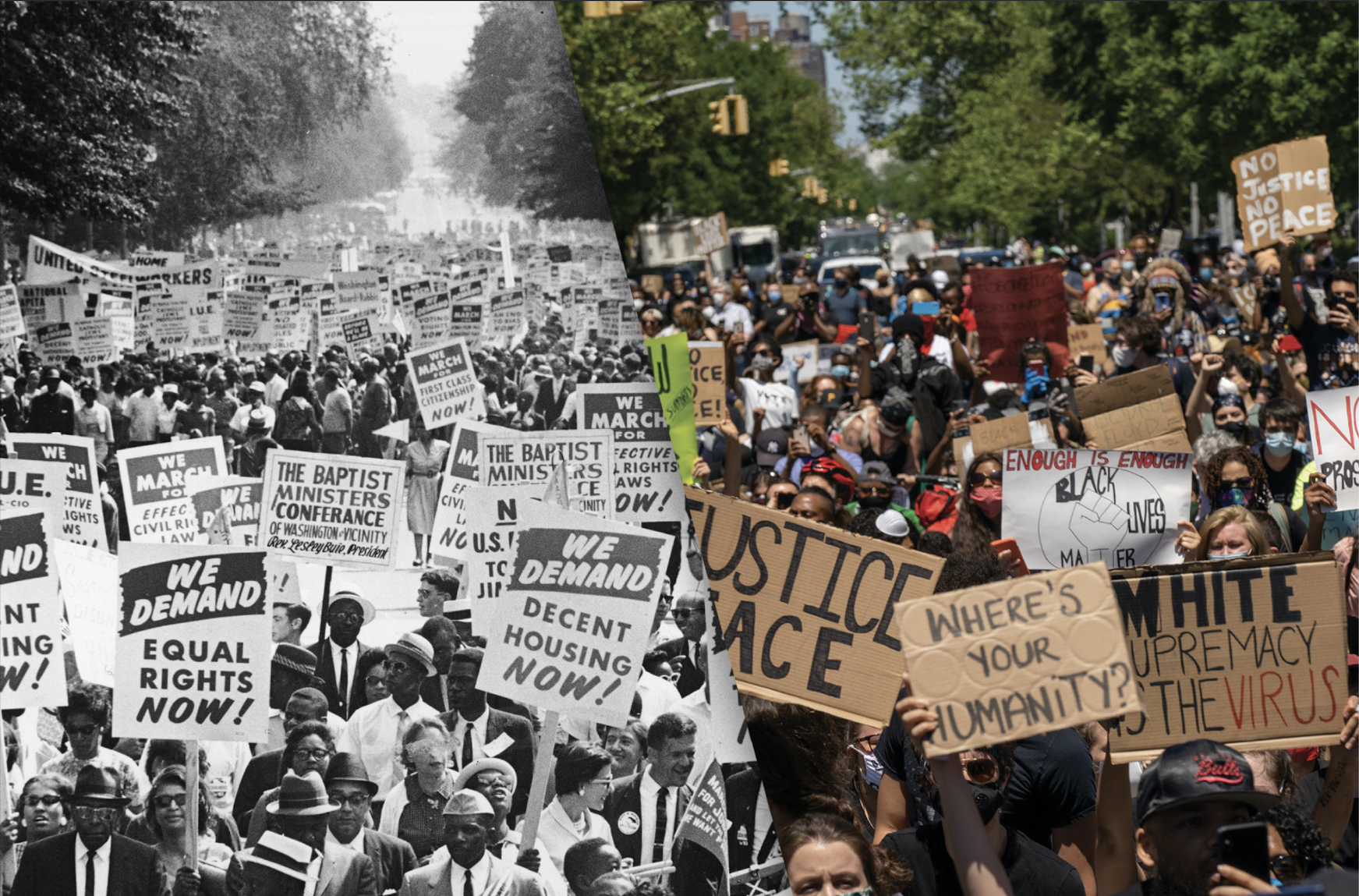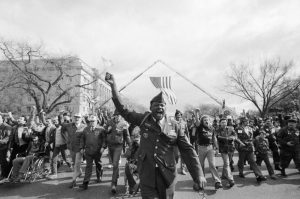Not quite two weeks after the death of George Floyd, a 46-year-old black man who died after a now-former Minneapolis police officer knelt on his neck, it’s already clear that what happened to him—and the protests that followed—will be in history books someday. The moment is not only a striking turning point in an ongoing Black Lives Matter movement against police brutality, but also set apart by a global pandemic that is disproportionately affecting African Americans.
But how exactly these events will be framed is still to be determined, by factors such as how long demonstrations continue globally and whether any major legislation is passed as a result. In the meantime, many are looking to history for clues about how to understand the evolving moment.
Comparisons to the 1960s, and that era’s fight for racial equality, have been plentiful—but that period was just one chapter in a civil rights movement that’s almost as old as America is. TIME asked ten experts on the history of race in the United States to weigh in on which moments from the American past can help us understand today.




